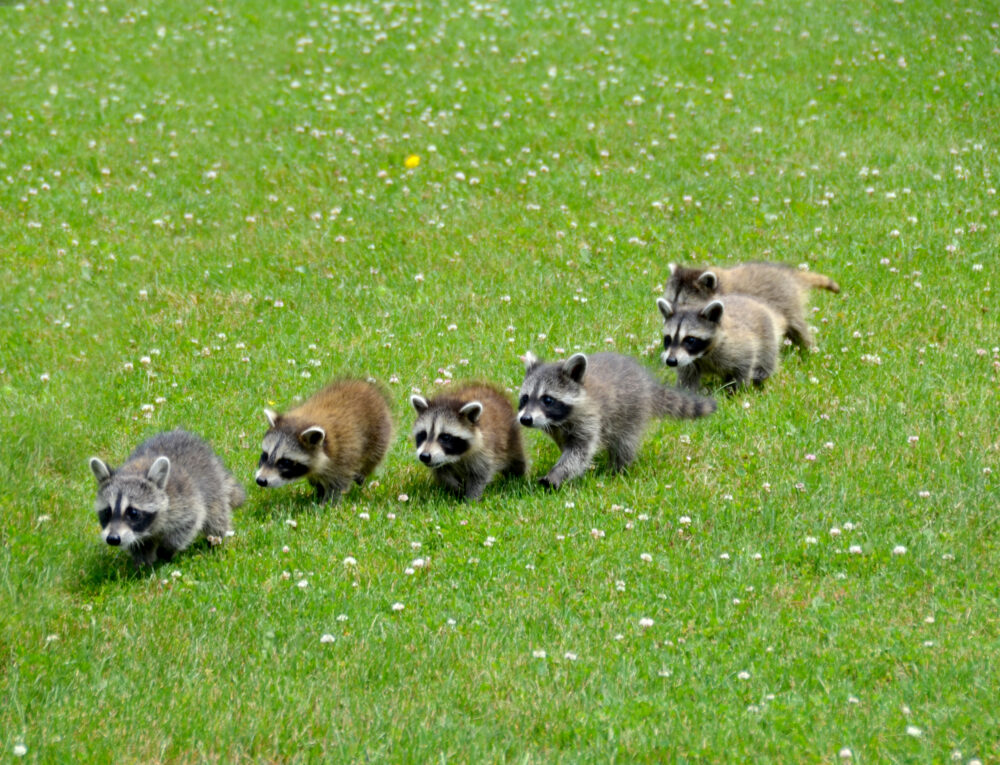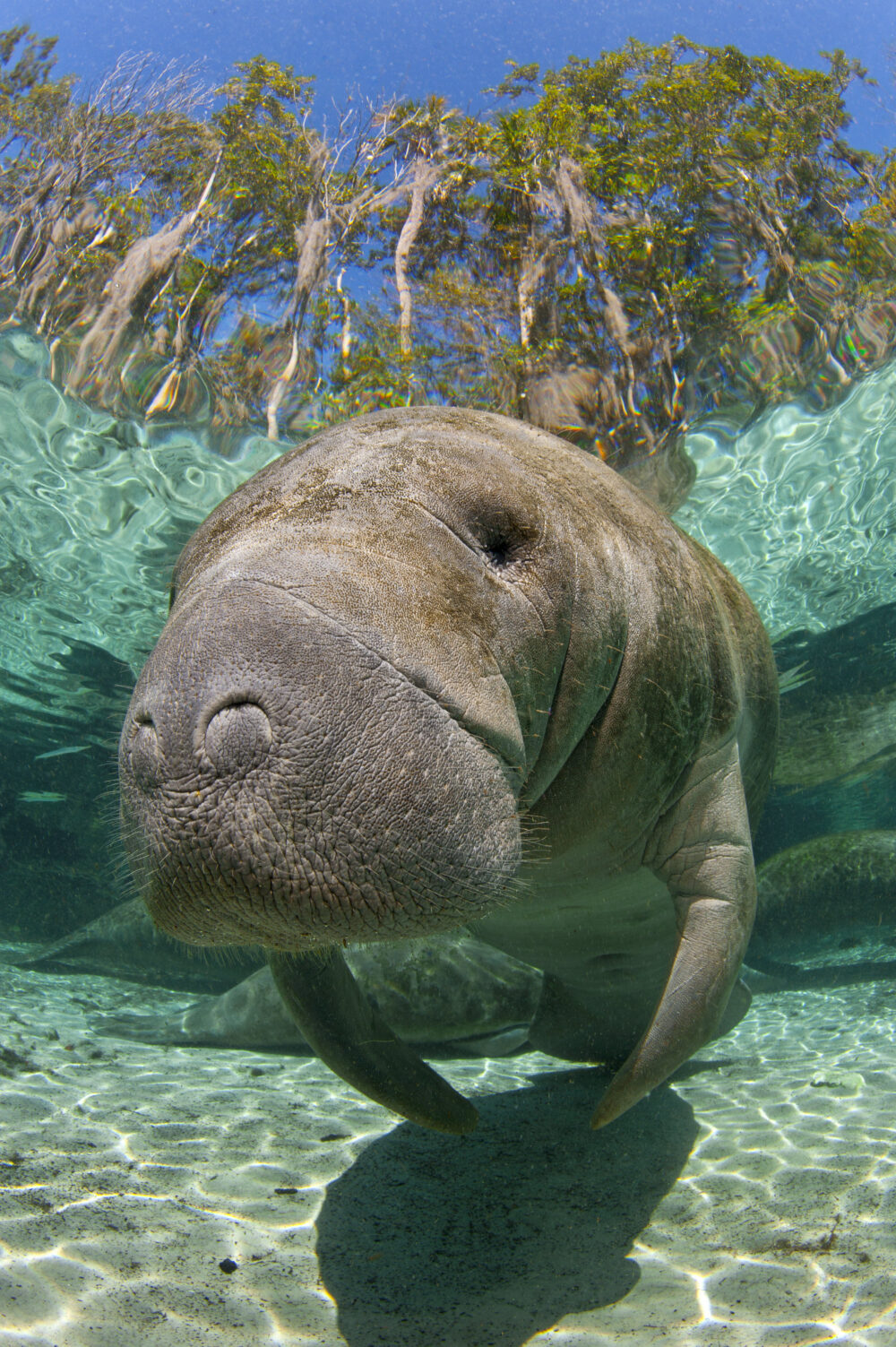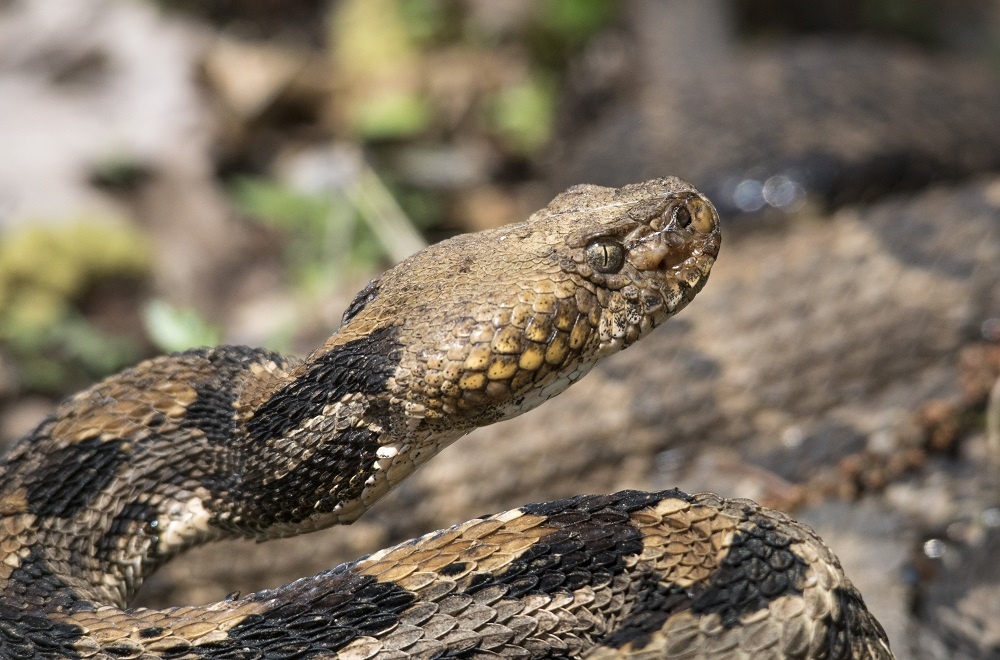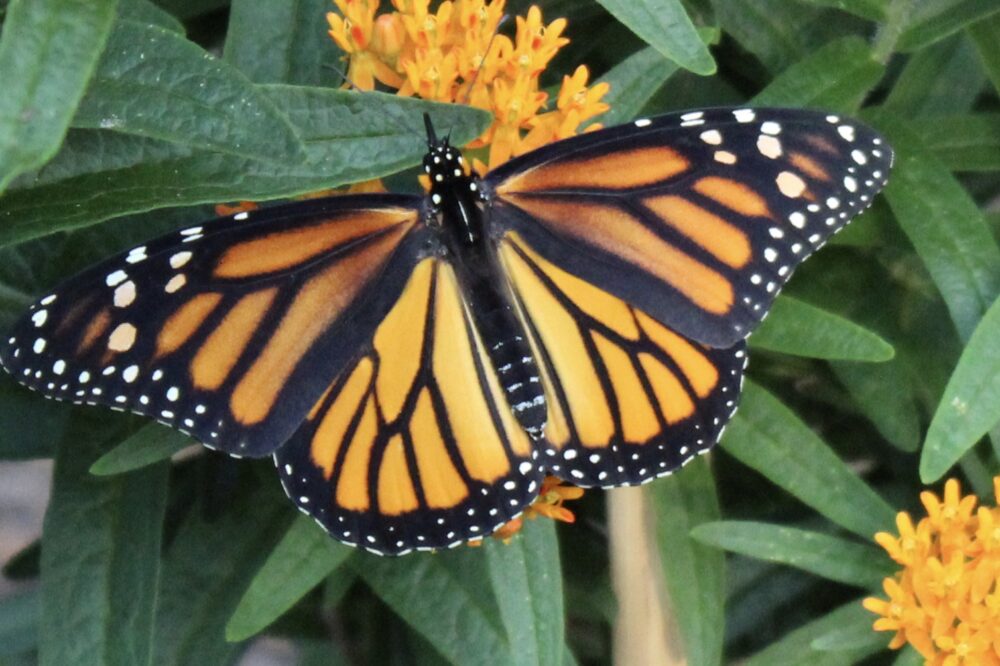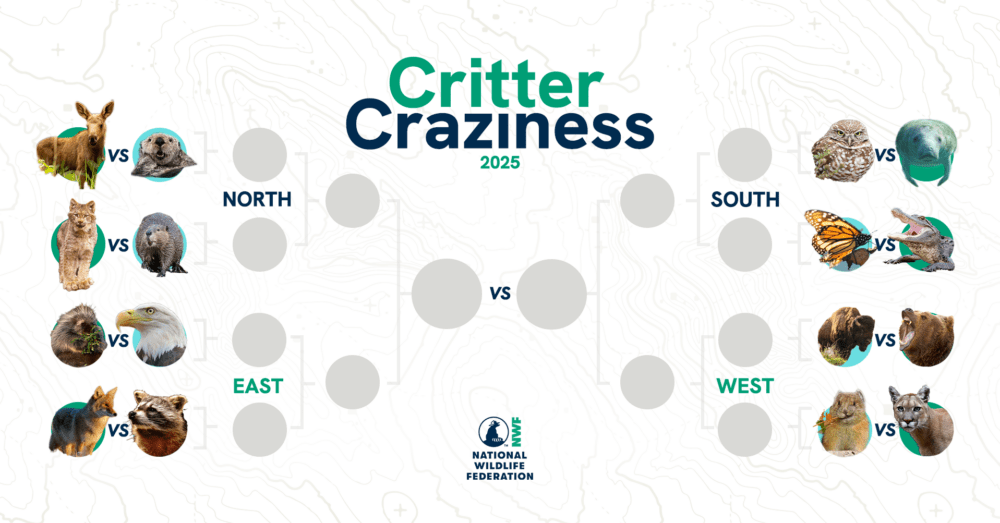We have much more to do and your continued support is needed now more than ever.
Painted Bunting Far From Home
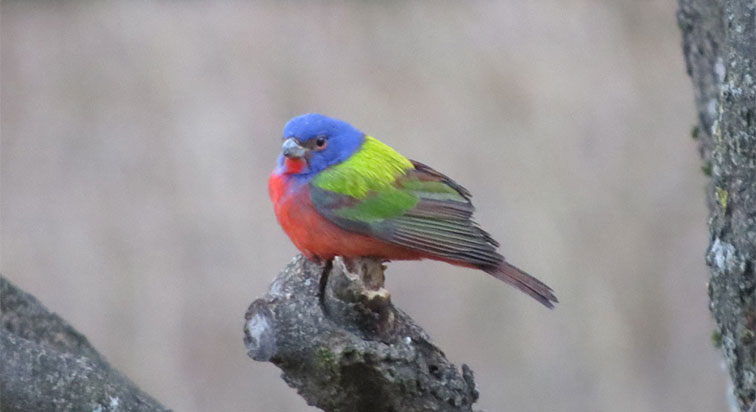
A Painted Bunting, one of North America’s most beautiful birds, has been discovered in Pittsfield, Vermont. This species very rarely occurs north of the Carolinas, and according to the Vermont Center for Ecostudies, it’s only been recorded in Vermont a handful of times.
As an avid birder, when I heard about the Painted Bunting, I made a mad dash to Pittsfield, VT where I was able to soak up the beauty of this dazzling bird. It’s estimated that over 200 bird watchers have come to see this bird, including Don Clark who was lucky enough to snap the wonderful photo shown above!
Many delighted bird watchers have wondered why this southern species wandered so far north. Some have asked if climate change and the unseasonably warm winter could have played a role. While the warm weather likely helped the Painted Bunting survive in the normally frigid Vermont outdoors, climate change likely isn’t to blame for this bird wandering off course. Migratory birds travel vast distances, and inevitably a few birds become lost and end up migrating far away from where they intended to go.
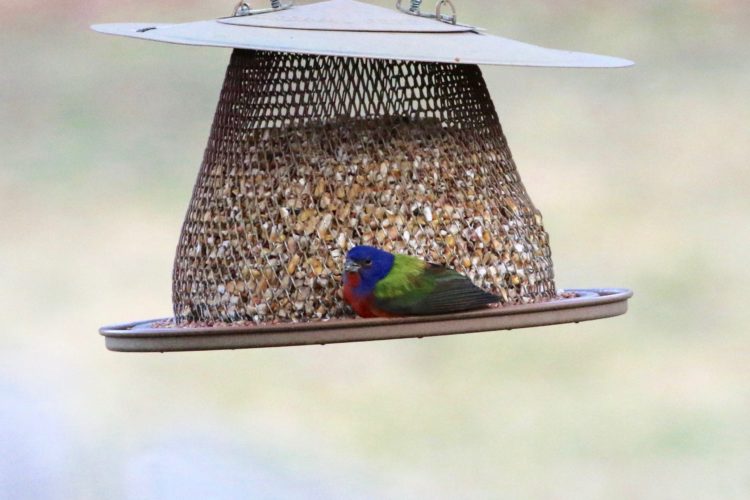
It’s true we can’t do anything to stop the occasional bird from getting lost during its long migration. However we can safeguard migratory stepping stones – those critical habitats that tens of thousands of birds rely on to rest and feed during their dangerous and energy consuming migration.
NWF’s Northeast Climate Adaptation and Resilience program is working to protect one such stepping stone. NWF has partnered with several universities, federal agencies, state agencies, and local nonprofits to restore the Great Marsh of Massachusetts and protect it from dangerous climate-driven threats. It’s one of the most critical stop-over sites for birds in the Northeast.
Helping birds safely complete their migration begins with protecting their most important habitats. NWF and its partners have already restored over 300 acres of habitat in the Great Marsh. The work already completed, and NWF’s continued commitment to restoring this habitat, will ensure birds are able to continue their wondrous migration from the Canadian Arctic to the shores of Central and South America.
Join NowHelp NWF continue its conservation work in the Northeast!














